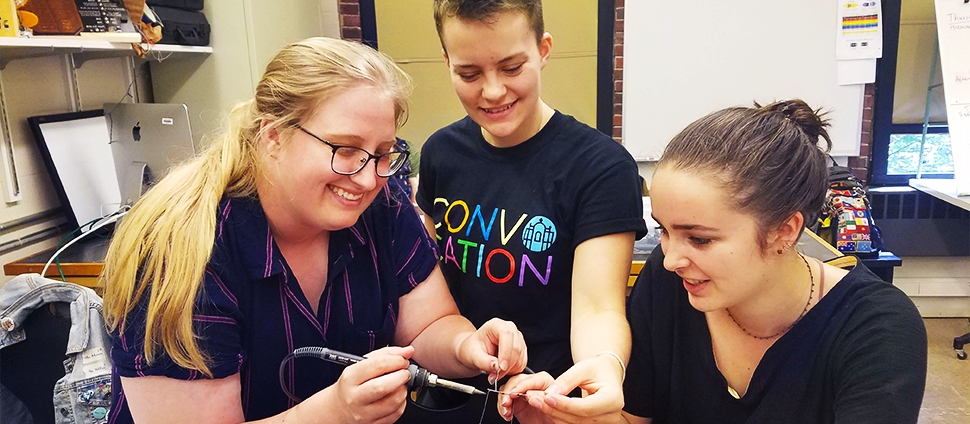Document Type
Article
Publication Date
1-2-2013
Publication Title
Journal of Engineering Education
Abstract
The Myers‐Briggs Type Indicator® (MBTI) was administered to a group of 116 students taking the introductory chemical engineering course at North Carolina State University. That course and four subsequent chemical engineering courses were taught in a manner that emphasized active and cooperative learning and inductive presentation of course material. Type differences in various academic performance measures and attitudes were noted as the students progressed through the curriculum. The observations were generally consistent with the predictions of type theory, and the experimental instructional approach appeared to improve the performance of MBTI types (extraverts, sensors, and feelers) found in previous studies to be disadvantaged in the engineering curriculum. The conclusion is that the MBTI is a useful tool for helping engineering instructors and advisors to understand their students and to design instruction that can benefit all of them.
Volume
91
Issue
1
Creative Commons License

This work is licensed under a Creative Commons Attribution 3.0 License.
Rights
© the authors
Version
Version of Record
Recommended Citation
Felder, Richard M.; Felder, Gary; and Dietz, E. Jacquelin, "The Effects of Personality Type on Engineering Student Performance and Attitudes" (2013). Physics: Faculty Publications, Smith College, Northampton, MA.
https://scholarworks.smith.edu/phy_facpubs/48


